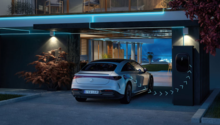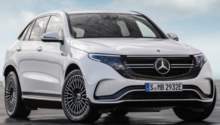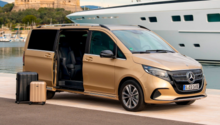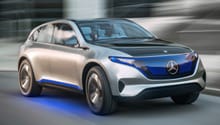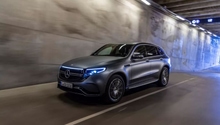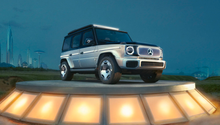Mercedes Reportedly Reverting Course on EV Push, Investing More in ICE
Adapting to Market Realities, Mercedes-Benz Redirects Focus to Hybrid and Combustion Technologies
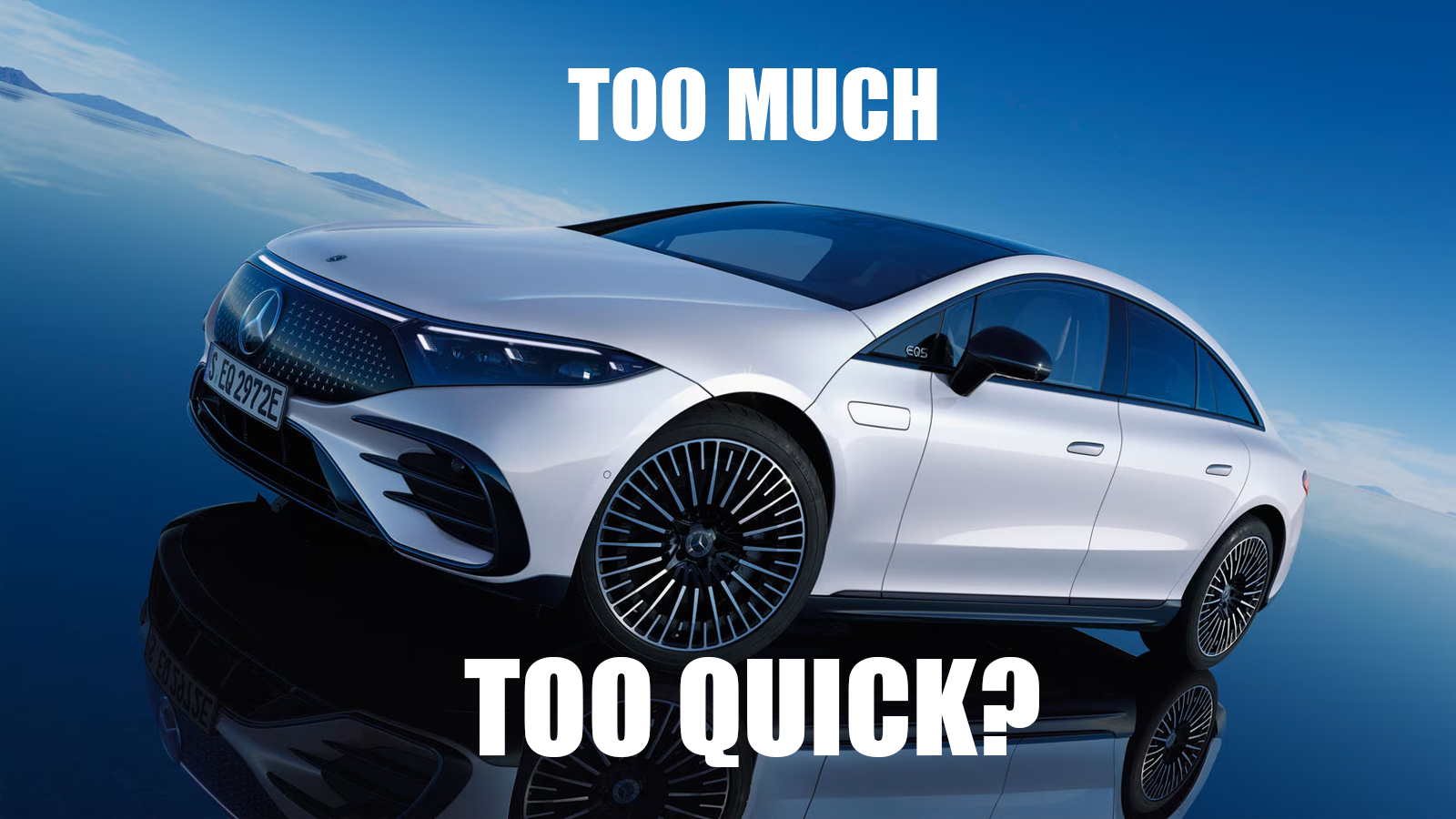
Mercedes-Benz is significantly increasing its investment in combustion engine technology, dedicating over 14 billion euros (around $15 billion) this year to its passenger cars. This shift marks a departure from its previous electrification goals. CEO Ola Källenius told German publication Wirtschaftswoche that this funding will enhance factories and R&D to keep hybrid drive trains viable into the next decade. "Our engines will always be at the very highest technological level," Källenius emphasized, highlighting the importance of sustaining the combustion engine business beyond 2027.
This strategic shift comes as Mercedes-Benz faces slower-than-expected EV demand. Källenius had informed investors that the company would continue enhancing combustion engine models amid a cooling EV market. While Mercedes initially aimed for all-electric sales by 2030, current projections suggest that only 50% of sales will be electrified vehicles, including hybrids, by decade's end. This adjustment aligns with other carmakers like Audi, Porsche, and Toyota, who are also scaling back their electrification targets.
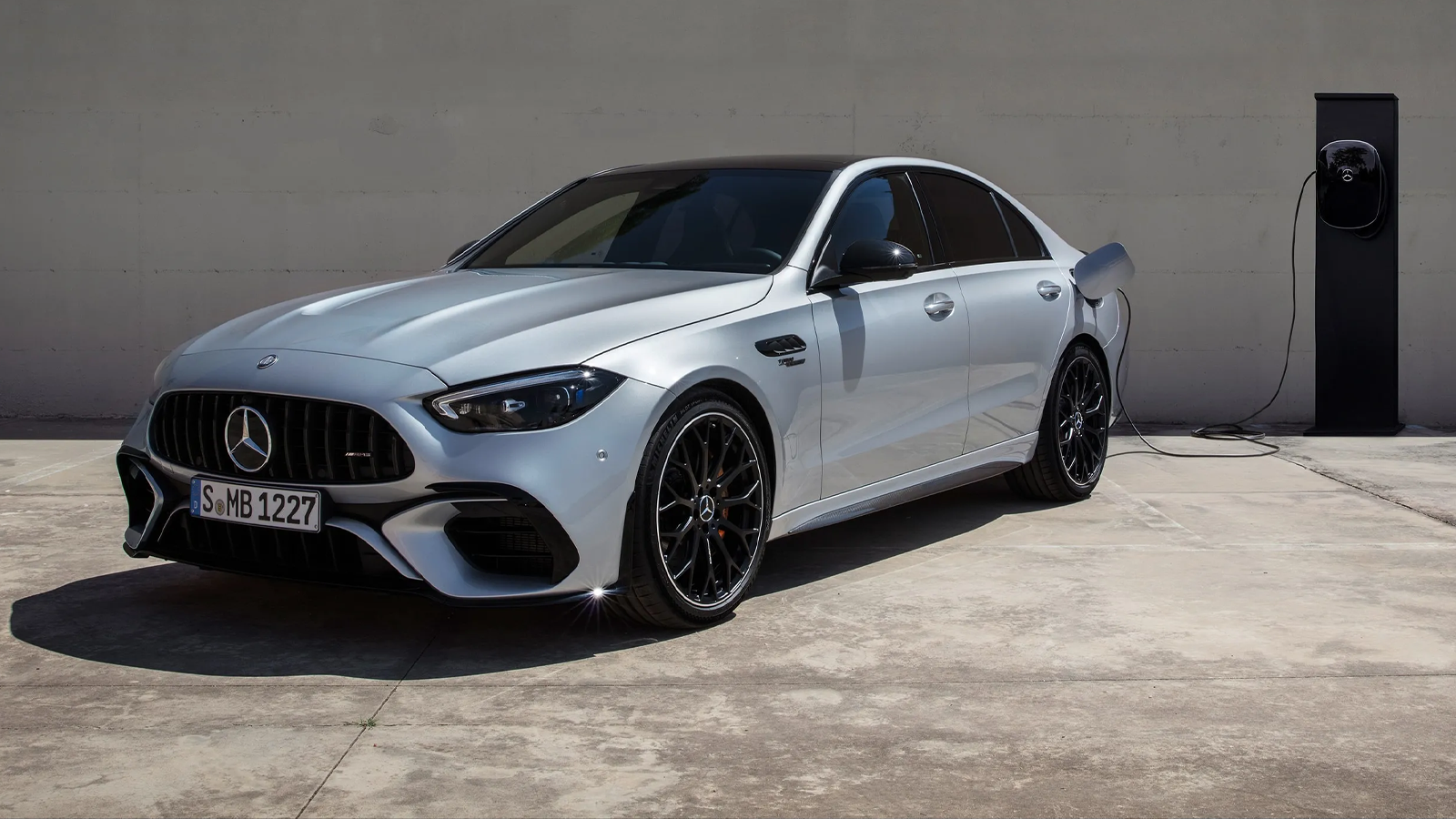
Reasons Behind the Shift
Several factors contribute to reduced EV enthusiasm. Concerns about EV costs, particularly the sharp decline in used EV prices in markets like the UK, deter potential buyers. Additionally, uncertainties around election outcomes, especially in the U.S., complicate future government policy on EVs. The shortage of quick-charging infrastructure is another significant barrier. As EV numbers grow, existing charging stations are proving insufficient, raising concerns about driving range and convenience. These issues have prompted carmakers, including Mercedes-Benz, to reallocate R&D funds towards improving internal combustion engines (ICE).
Mercedes-Benz is heavily investing in the upcoming mid-cycle update for its flagship S-Class, expected in 2025. Källenius noted that the update involves more extensive modifications than typical facelifts to meet stringent Euro 7 and China 7 emission regulations. Despite focusing on ICE, Källenius confirmed that the development of the new EV platform, MB.EA Large architecture, continues at full speed, and battery production across eight factories remains on track, albeit delayed.
A Balanced Approach to Carbon Neutrality
While recalibrating its immediate goals, Mercedes-Benz maintains its aim of achieving carbon neutrality by 2040. Källenius reiterated that the company is not abandoning its electrification ambitions but is adapting its strategy to current market realities. This approach involves advancing hybrid technology and ensuring ICE vehicles comply with strict emissions laws, maintaining a diverse portfolio that addresses consumer preferences and market challenges. Through this strategy, Mercedes-Benz hopes to transition to a more sustainable future while addressing present automotive market challenges.

